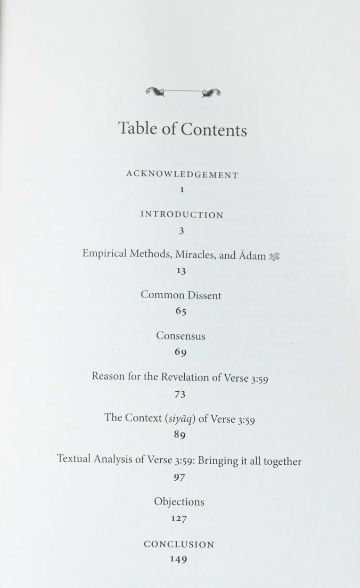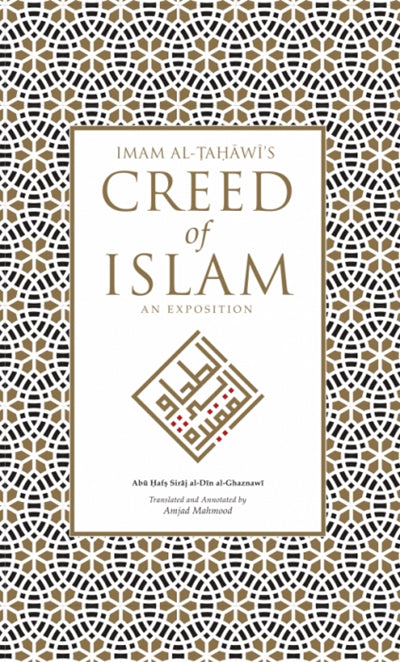THE PROVENANCE OF MAN
In a 2018 poll, 76% of 600 Muslims in America expressed the theory of evolution to be a ‘driver of doubt’ in their religious beliefs.
Irrespective of sectarian and methodological affiliation, the theory of evolution continues to be a theological quandary for many Muslims across the spectrum. In specific, how the theory is antithetical to the idea of a first man being created without biological parentage.
To help curb the inordinately high percentage cited above, a monograph was written particularly to explain and uphold belief in the original creation of Adam (‘alayh al-salam) vis-à-vis the dictates of the theory of evolution.
ABOUT THE BOOK
Soon after the inception of the theory of evolution, Muslim scholars were met with the challenge of reconciling Islam’s traditional beliefs concerning the origin of man with certain dictates of the evolutionary narrative. Perhaps the most gripping and pertinent of these was the issue of assigning biological parentage to Adam (‘alayh al-salam). For over 140 years, Muslim scholars have sought to preserve belief in the original creation of Adam (‘alayh al-salam) by formulating a variety of rejoinders focusing on different aspects of the theory of evolution and through an array of apologetics. Oftentimes, many of the arguments were directed foremost against fellow Muslims who sought to make way for evolutionary theory through differing hermeneutical approaches.
This monograph investigates the original creation of Adam (alayh al-salam) by utilizing the analytical, two-tier approach of Muslim dialecticians whereby firstly, the mere rational possibility (imkan) of a human being created without biological parentage will be demonstrated, and secondly, to prove its actual occurrence (wuqu’). The author takes a critical approach to prove that irreconcilable theological inconsistencies would arise from denying Adamic originality, thereby proving that belief in his original creation remains certain (qat’i) notwithstanding the demands of the theory of evolution.
Contents:
• Introduction
• Empirical Methods, Miracles, and Adam a.s.
• Common Dissent
• Consensus
• Reason for the Revelation of Verse 3:59
• The Context (siyaq) of Verse 3:59
• Textual Analysis of Verse 3:59: Bringing it all together
• Objections
“...given the many intricacies surrounding the topic of “Evolution and Islam” found in our times, it is highly advised that authorized instructors of Sunni doctrine address this matter in an exhaustive manner. For it is an issue that begins as a mere prick of a thorn, but when left unattended, has the potential to metastasize into a theological malady as regrettably experienced and witnessed by so many today.” — The Provenance of Man, p. 153
Endorsements:
Shaykh Abdurrahman Mihirig
Shaykh Muḥammad Yāsir al-Ḥanafī, graduate of the Islamic Institute of Dewsbury
Shaykh ꜥUmar Muḥsin, graduate of Ribāṭ Tarīm and senior student of the late al-Ḥabīb Sālim al-Shāṭirī
Shaykh Asrār Rashīd, senior student of the late al-Sayyid ꜥAbbās b. ꜥAlawī al-Mālikī al-Ḥasanī al-Makkī
Dr. Adi Setia, senior student of Professor Syed Muhammad Naquib al-Attas and founder of the Worldview of Islam Research Academy (WIRA)
ABOUT THE AUTHOR
Tahseen N. Khan was born and raised in the Philadelphia region. He completed the renowned Dars Nizami curriculum mainly through private, in-person studies under numerous authorized Islamic scholars. He currently resides with his family in the suburbs of Chicago while working full-time as a chemical engineer and pursuing advanced studies in Islamic theology under the tutelage of his teachers.







